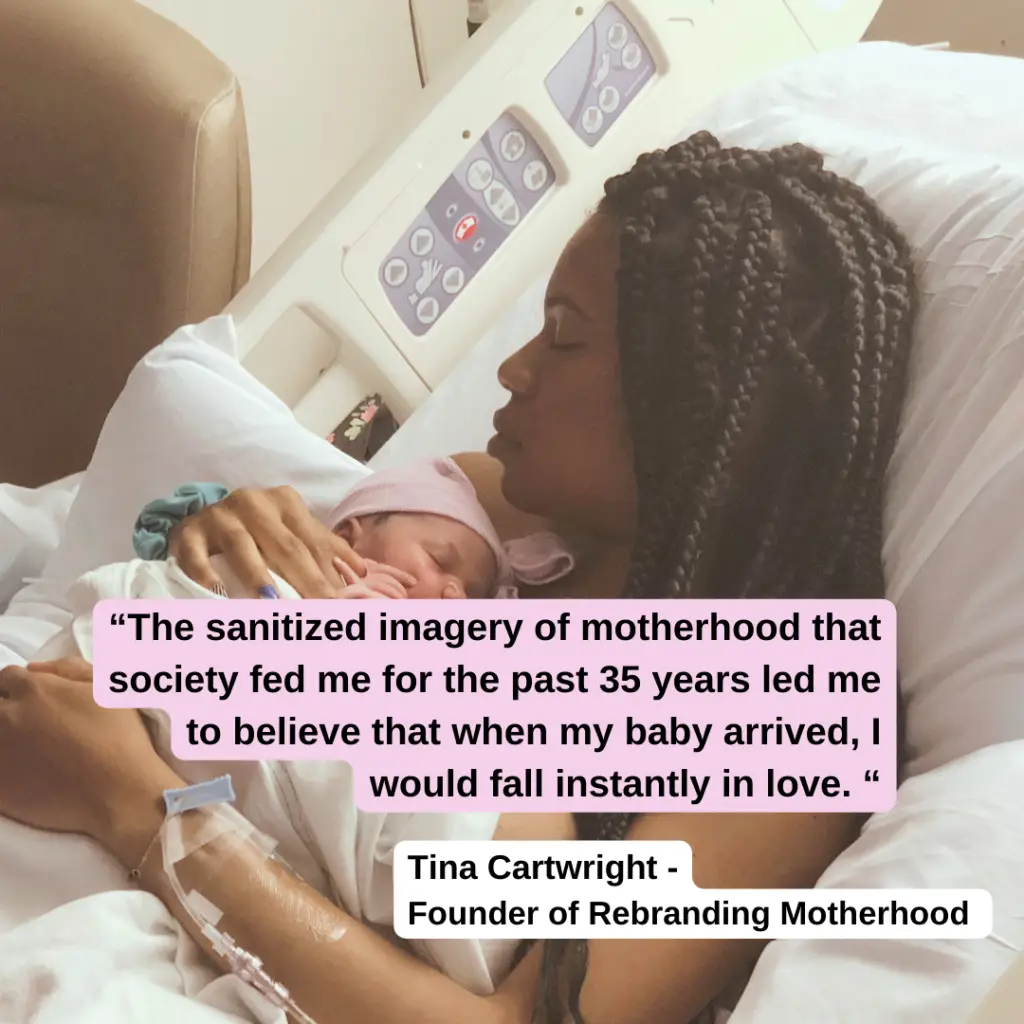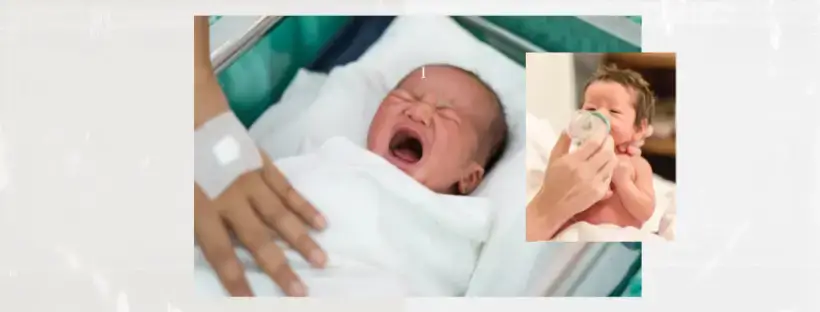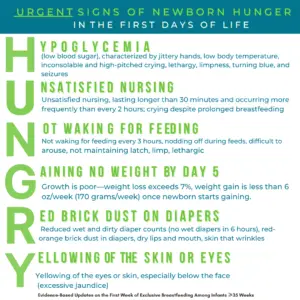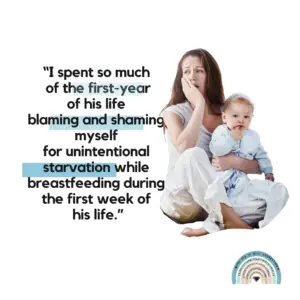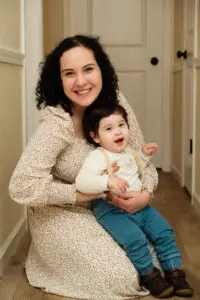by Christie del Castillo-Hegyi, M.D.
On October 14, 2019, the Journal of Pediatrics published astonishing findings regarding the effects of the Baby-Friendly hospital certification on sustained breastfeeding rates as defined by the 2020 Healthy People Goals of:
- any breastfeeding at 6 and 12 months
- exclusive breastfeeding at 3 and 6 months.
They did so by measuring the relationship between statewide breastfeeding initiation rates data and the above breastfeeding rates. They then measured the contribution of Baby-Friendly hospital designation on these same breastfeeding outcomes.
According to the study authors, the increase in hospital designation in the Baby-Friendly Hospital Initiative (BFHI) began in 2011 when the U.S. Surgeon General issued a call to action for maternity care practices throughout the U.S. to support breastfeeding. The Centers for Disease Control (CDC) became involved in promoting the BFHI policies in hospitals and health facilities, as breastfeeding was thought to be associated with lower rates of childhood obesity. The assumption was that by increasing breastfeeding rates through the BFHI, there would be a concomitant decline in childhood obesity. Upon initiation of this program, the CDC initiated surveillance of state-specific data on breastfeeding outcomes after discharge including BFHI designation rates. This data is made available to the public through the CDC Breastfeeding Report Card, which provides annual reports from 2007 through 2014 and biennial reports from 2014.
As expected, they found that states with higher breastfeeding initiation rates had higher rates of these sustained breastfeeding outcomes. You cannot have high breastfeeding rates unless mothers are given education and successfully initiate breastfeeding. However, when they measured the effects of Baby-Friendly certification, this is what they found.
“Baby-Friendly designation did not demonstrate a significant association with any post-discharge breastfeeding outcome (Figures 1, B and 2, B). There was no association between Baby-Friendly designation and breastfeeding initiation rates.” Continue reading

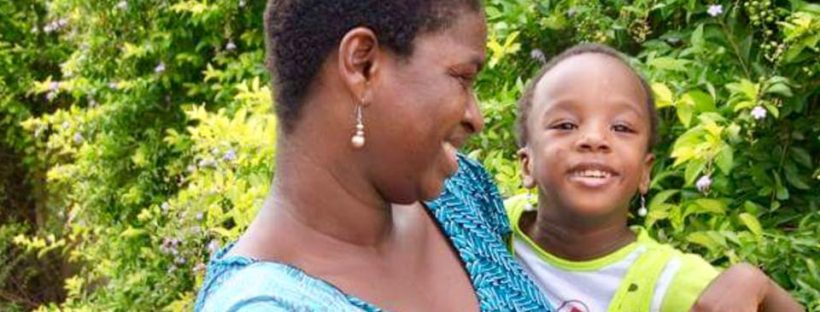
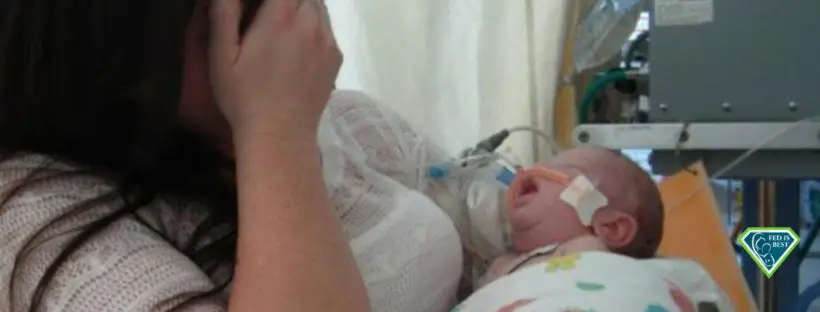
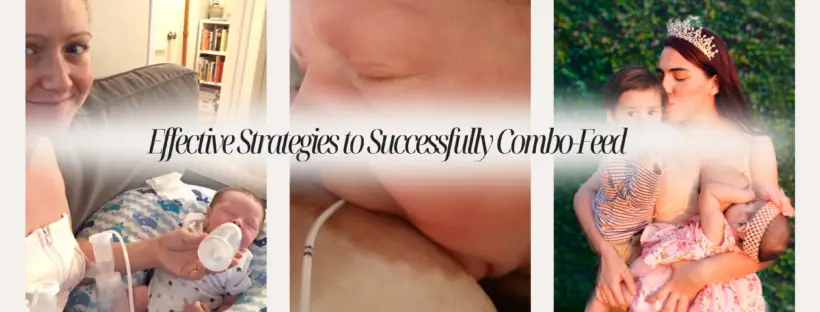
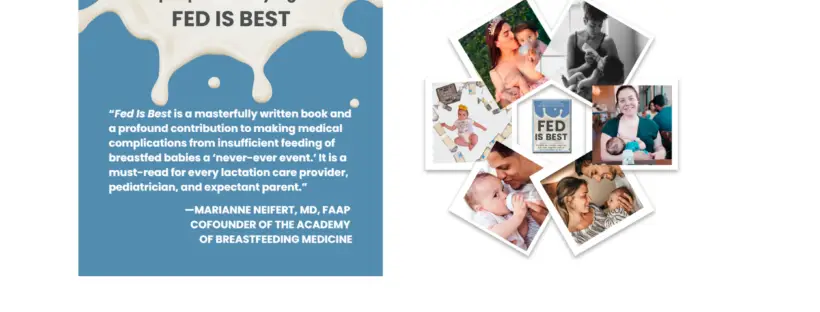
 Our transformative book promises to navigate the intricate landscape of infant feeding choices, empowering parents with knowledge and judgment-free support. Our highly anticipated book will reshape the conversation around infant nutrition, offering a comprehensive, science-backed, and inclusive perspective on how families can safely and optimally nourish their babies.
Our transformative book promises to navigate the intricate landscape of infant feeding choices, empowering parents with knowledge and judgment-free support. Our highly anticipated book will reshape the conversation around infant nutrition, offering a comprehensive, science-backed, and inclusive perspective on how families can safely and optimally nourish their babies. 


